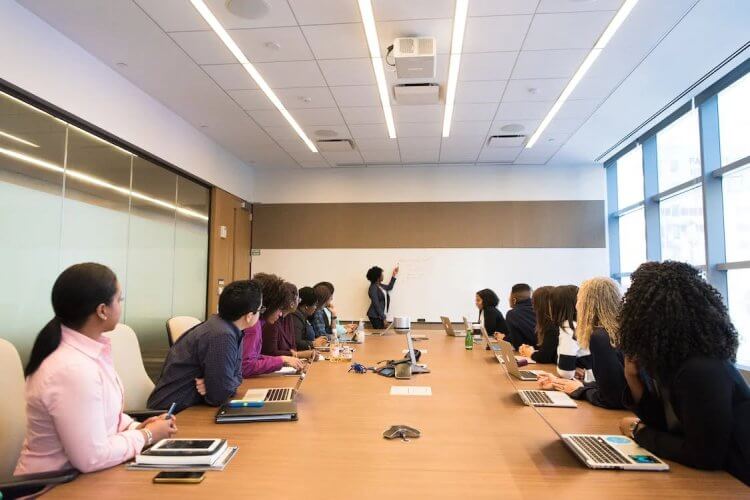Multitasking may seem like a way to increase productivity and get more done in less time. However, recent research has shown that multitasking may not be as effective as we once thought. In fact, multitasking can even hinder our productivity. And here's why multitasking doesn't work:
1. It takes longer to complete tasks
When you're multitasking, you have to quickly switch between tasks. This constant switching can slow you down considerably, as our brains need time to adjust to a new task. This means that it takes longer to complete tasks in multitasking mode than when we focus on one task at a time.
2. Multitasking reduces the quality of work
Multitasking can also reduce the quality of our work. When we are constantly switching between tasks, we cannot fully focus on one task. This means we are more likely to make mistakes or miss important details. When we focus on one task at a time, we can give it our full attention and do a better job.
3. Multitasking increases stress and fatigue
Multitasking can increase stress levels and lead to fatigue. When we constantly switch between tasks, our brains work harder to keep up. This can lead to mental exhaustion and make it difficult to focus on anything. It can also lead to physical exhaustion as our bodies struggle to keep up with the demands placed on them.
4. Multitasking can lead to burnout
Multitasking for a long time can lead to burnout. When we constantly switch between tasks, we don't give our brains a chance to rest, which can lead to mental exhaustion and burnout. When we focus on one task at a time, we can give our brains a chance to rest and recharge.
5. Multitasking can reduce creativity
By switching between tasks, our brains are not able to fully focus on any one task, which can reduce our ability to think creatively and come up with new ideas. So, by choosing to multitask, it's likely that our creativity will suffer.
Multitasking does not equal efficiency.
So, how can you make your work more efficient and effective?
- Try to realize that it is simply impossible to do everything. So try to let go of the situation and concentrate on the task that is important to you right now.
- Your desk should be free of distractions, as should your workspace.
- Start planning and allocating time for each task. This will increase both the quality and quantity of work. At the same time, be realistic when calculating the time required to complete a task.
- At the same time, you shouldn't forget to take breaks between tasks and have a good rest.
To keep a balance between work and rest, multitasking and efficiency, try using special software. For example, Yaware.TimeTracker.
Yaware is a simple and convenient time tracker designed specifically for monitoring working hours, increasing productivity and improving results, with which you can see:
- what time of day is the most productive for you or your employees;
- how much time you spend on tasks;
- how much time you spend on breaks;
- what time is the most productive for you;
- what distractions and hindrances prevent you from moving forward, etc.
In addition, Yaware offers 14 days of free use of the program so that you can experience its functionality to the fullest!
Conclusion
So, multitasking may not be as effective as it might seem. Instead of trying to do several things at once, it is better to focus on one task. This will help you complete the task efficiently, create an effective work environment, as well as reduce stress and fatigue, prevent burnout, and improve creativity.

